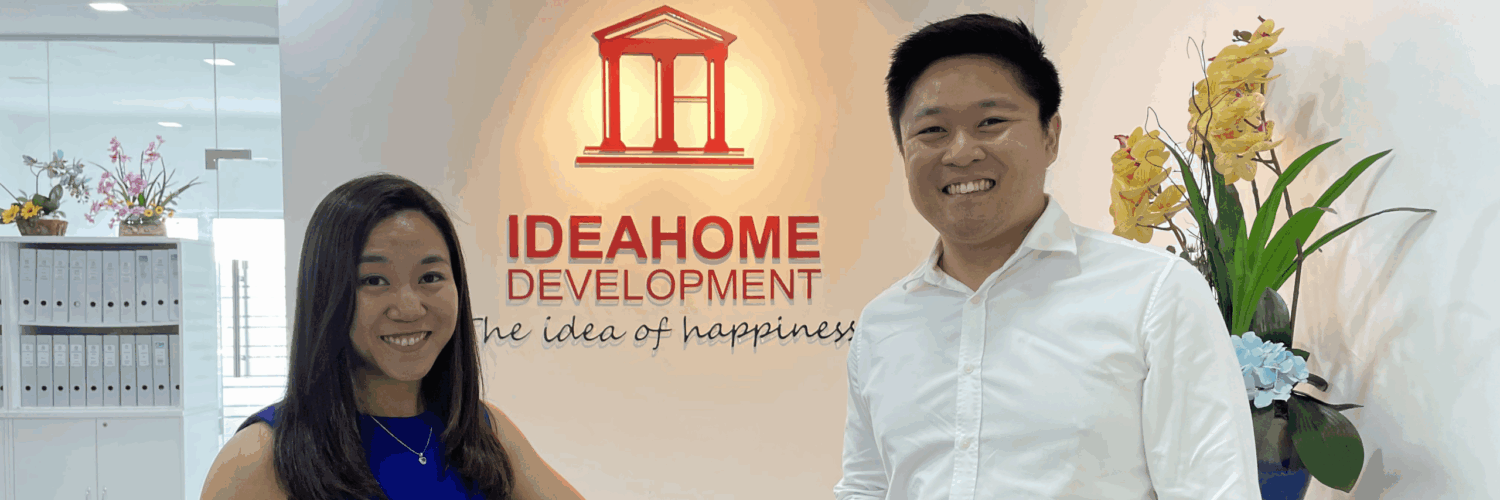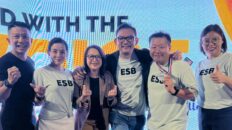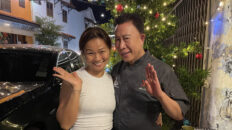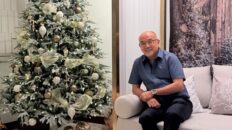Building for What the Market Needs
Ideahome isn’t chasing scale for the sake of it. Nor is it driven by glitzy facades or luxury price tags. Its purpose is far simpler—and far more enduring.
“We’re not here to build the most luxurious homes or the most units. We’re here to build what the market truly needs,” said Aaron Quek, who now leads the business alongside his elder sister, Yvonne.
Since its founding 26 years ago, Ideahome has delivered over 2,000 landed homes and shoplots across Muar, the surrounding Southern region and Selangor. But numbers don’t define the company’s legacy. Purpose does. From single-storey starter homes, double-storey family residences to commercial shoplots, Ideahome’s projects are grounded in affordability, functionality, and long-term value.
A core filter guides every decision: Would we buy this home, in this location, at this price, today? If the answer is no, the project doesn’t go ahead.
“Not everyone can afford an expensive home,” Aaron said. “If we can meet the market halfway and still deliver value, that’s how we serve the community.”
That buyer-centric mindset—grounded in real-world practicality—has enabled Ideahome to weather economic shifts and industry trends. “That moment when a buyer realises their property has increased in value—that’s what we’re here for,” said Yvonne. “We’re not just building houses. We’re helping people build a home and life.”
From “Receptionists” to Leaders
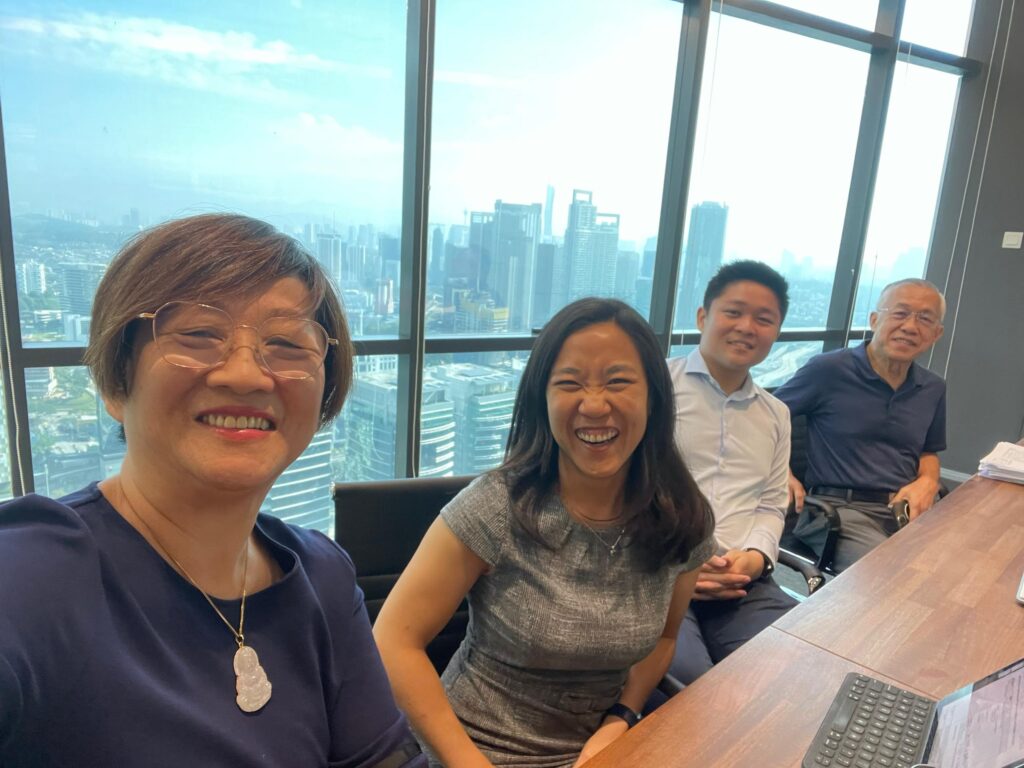
Business and life were never separate for the Quek siblings. Their parents—both schoolteachers by profession—began selling property part-time, turning a side hustle into a thriving business. From the start, Aaron and Yvonne were involved.
“My earliest memory of the business was when I was five,” said Yvonne. “There were no handphones back then. Calls came through the house line, and I had to act as the receptionist.”
That early exposure taught her to listen, note down details accurately, and even memorise unit layouts. “We used to colour floor plans by hand—bedrooms one colour, living rooms another. That’s how hands-on it was.”
Aaron received the ASEAN Scholarship and left Muar at just 13 to attend high school in Singapore. He later pursued a degree in finance and economics with a minor in civil engineering at the University of Melbourne. To gain industry experience, he joined Gamuda Land while pursuing his Master of Real Estate at the University of Malaya, before joining the family business.
Yvonne, on the other hand, studied under a JPA scholarship for her Bachelor of Commerce, earned a Master’s in Financial Analysis from UNSW Sydney, and spent 11 years in banking across the APAC region before returning. Despite different paths, their shared upbringing with two other younger siblings, taught them the same lesson: there’s no shortcut to progress—you have to work for it.
A Business Grown on Relationships
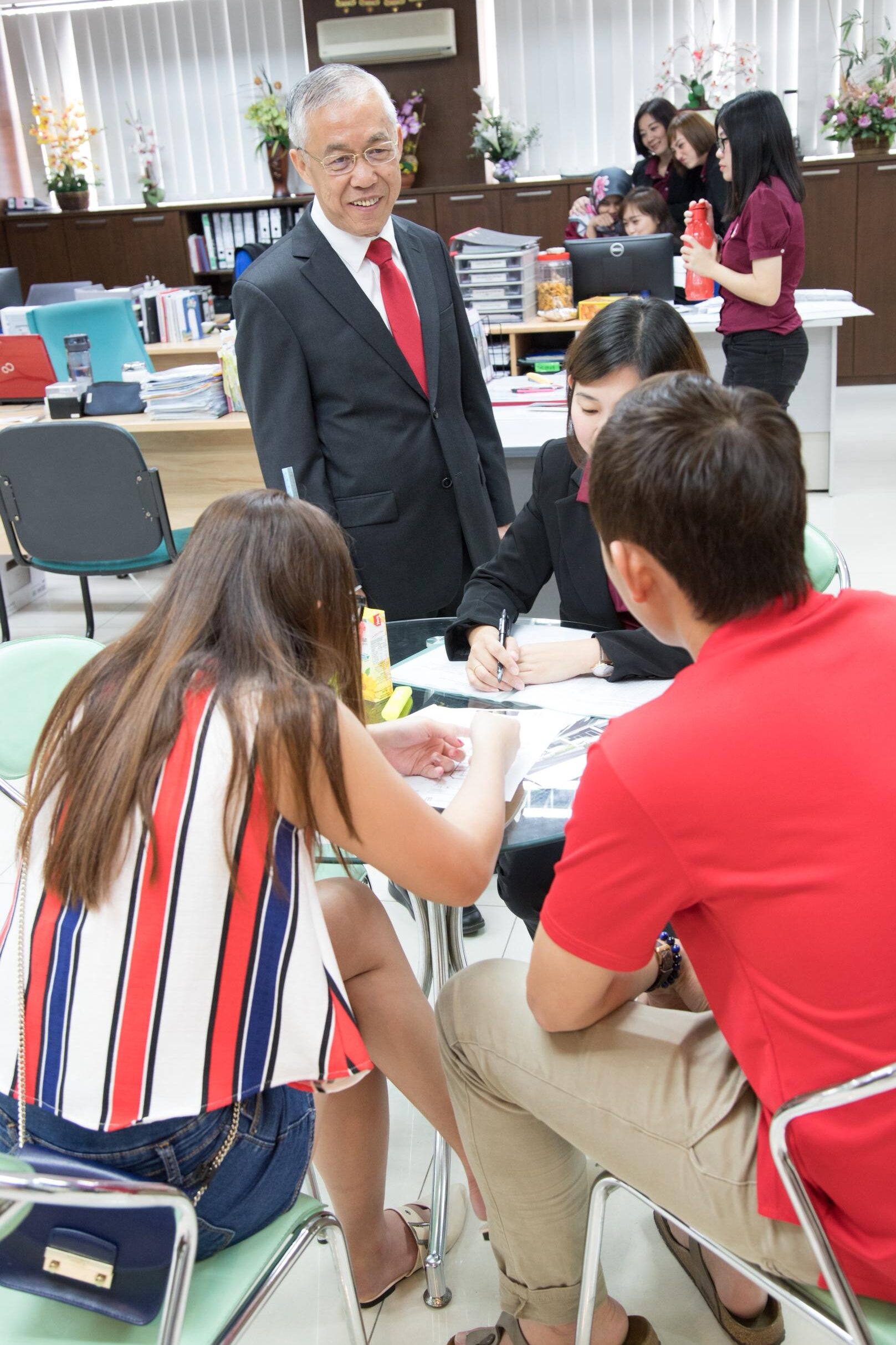
Ideahome’s entry into Selangor didn’t happen through market expansion plans—it grew out of trust.
“Many landowners come to us with inherited land tied up in family disputes or documentation issues. What others walk away from, our dad figures out,” said Yvonne. “He mediates, builds consensus, and helps people unlock value.”
That reputation for fairness led to introductions from landowners and lawyers who had moved from Muar to Selangor. “They’d worked with us before and referred us to friends who needed a developer they could trust,” Aaron shared.
Today, Ideahome is active in Muar, Sepang, Klang, and surrounding areas, even as its main headquarters and administration remain rooted in Muar.
“We didn’t arrive in Selangor with a big brand name. What opened doors for us was trust,” said Yvonne. “And that trust was built over decades.”
“The Idea of Happiness”
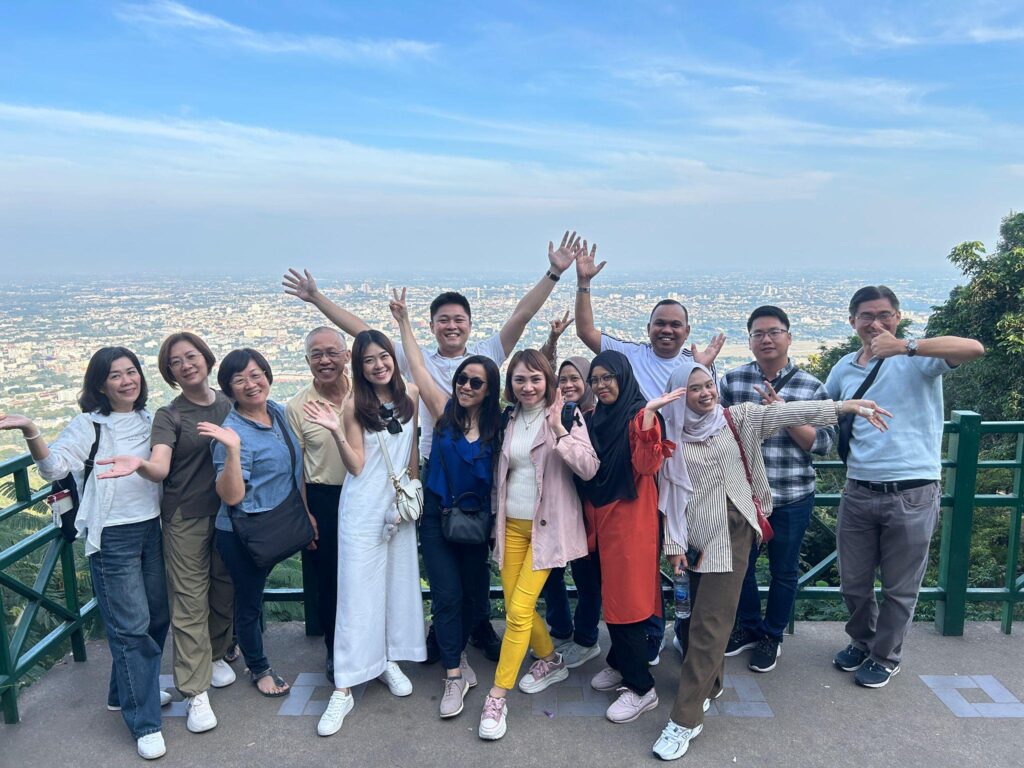
Ideahome’s tagline—The Idea of Happiness—isn’t a marketing gimmick. It’s a philosophy shaped by their parents and lived out through three pillars: purchasers, stakeholders, and employees.
“The first group is our purchasers,” said Yvonne. “Some people only buy one home in their life. We take that seriously. We put a lot of thought into location, quality and layout—because we want them to be happy living there.”
The second group includes stakeholders—landowners, lawyers, agents, and bankers—many of whom have worked with Ideahome across multiple projects. “A lot of our landowners return for future projects. Even their lawyers have introduced new clients to us,” Yvonne added.
The third pillar is their team of 25 direct employees across Muar and Selangor. Many have been with the company for over 20 years.
“We’re not just feeding ourselves anymore,” said Yvonne. “We have 25 people and their families depending on us. It’s a responsibility we take seriously.”
Together, these three groups define Ideahome’s approach: to create not just developments, but outcomes that are meaningful, sustainable, and people-centered.
Balancing Experience with Innovation
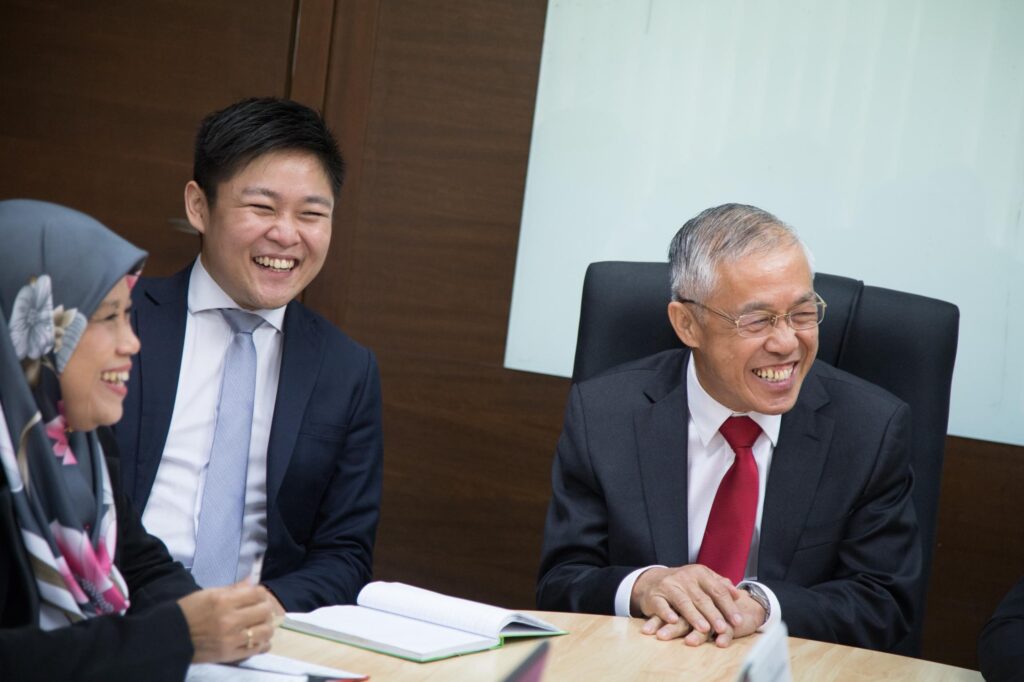
With growth comes complexity. Ideahome now manages multi-location projects and a multigenerational workforce—a team of long-serving employees steeped in traditional processes, and younger hires bringing fresh perspectives.
“The older team understands regulatory processes and construction sequencing like the back of their hand. They’ve seen what can go wrong and how to avoid it,” said Yvonne. “But the younger team brings energy, digital tools, and new systems. The challenge is integration.”
Coming from a corporate banking background, Yvonne noticed a stark cultural shift. “In MNCs, people are encouraged to speak up. In SMEs, it’s often more directive—boss decides, team executes.”
To bridge that gap, the Queks leaned into inclusivity. When transitioning to e-submissions, preparing for invoicing changes, or digitising processes, employees are invited into the conversation. Resistance was met with listening, not imposition.
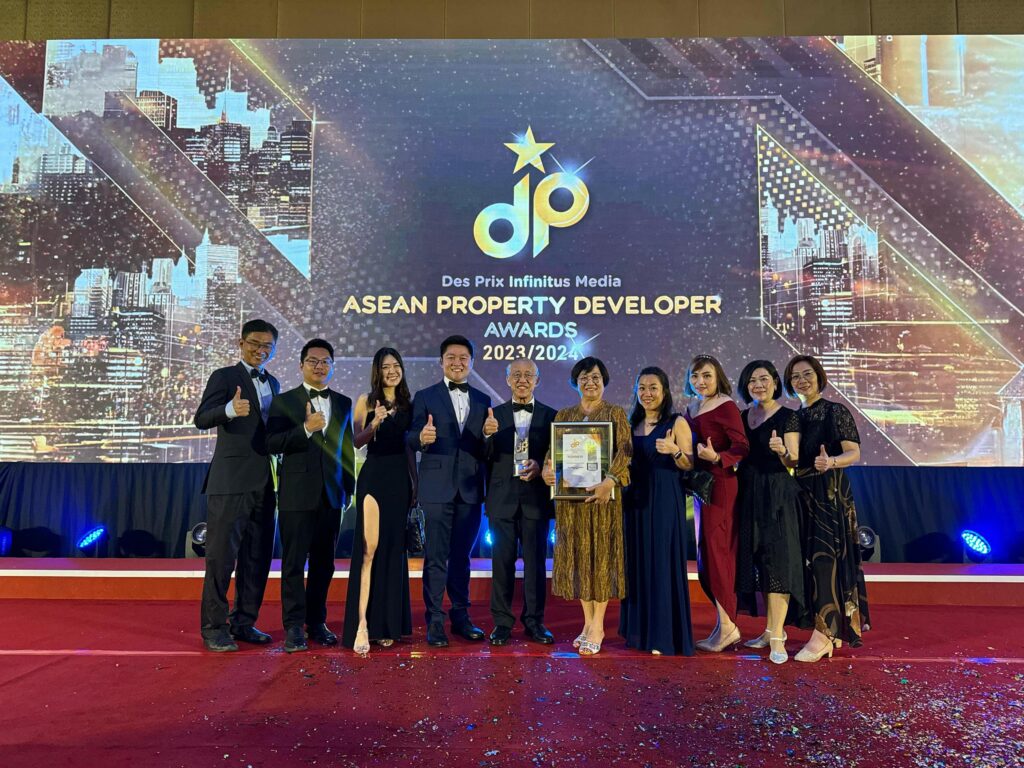
“We don’t just announce a decision and expect everyone to follow,” said Yvonne. “We say—tell us what worries you. Let’s solve it together.”
Over time, this participatory approach paid off. Senior team members began mentoring juniors, and younger staff introduced digital efficiencies. Processes once managed A-to-Z by a single person were now streamlined across specialised roles—creating inter-dependencies, and more importantly, trust.
“The turning point is when people feel they’re part of the outcome. That changes everything,” said Yvonne.
Today, Ideahome is investing in team-building activities and cross-department alignment, recognising that its people—not just its projects—will drive sustainable growth.
Building Forward with Heart
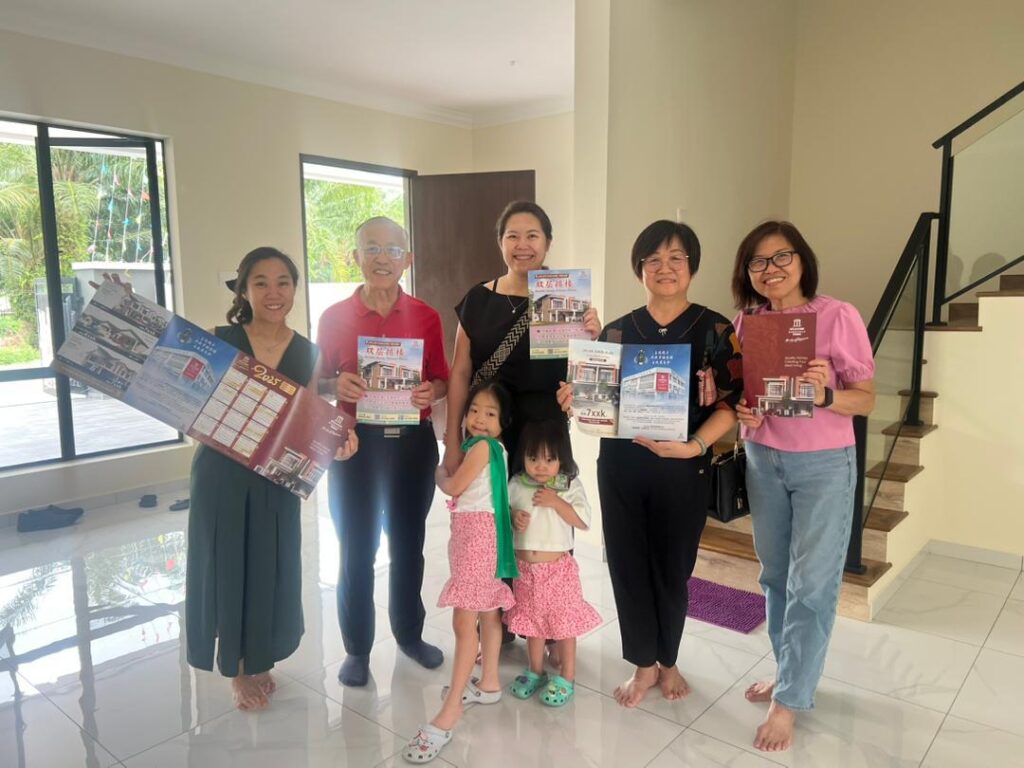
Looking ahead, the siblings are charting Ideahome’s next chapter through thoughtful growth; diversifying into recurring income assets and pursuing community-centric development. But their foundation remains unchanged.
“Would we buy it? That’s still our benchmark,” said Yvonne. “If we wouldn’t, we don’t build it.”
Their ambition isn’t to dominate—but to endure. “We’re building more than homes,” said Aaron. “We’re building relationships and a future our parents can be proud of.”
And in doing so, Aaron and Yvonne Quek are proving that the ‘ Idea of Happiness’ isn’t just about what you build. It’s about how—and for whom—you build it.



